
The research assistant at the University of British Columbia-Vancouver detailed the success of myelin water imaging in the spinal cords of both healthy controls and patients with multiple sclerosis.

The research assistant at the University of British Columbia-Vancouver detailed the success of myelin water imaging in the spinal cords of both healthy controls and patients with multiple sclerosis.
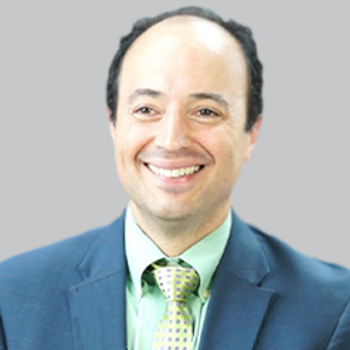
The Movement Disorder Society Task Force on Technology has released a roadmap for the implementation of new technologies that have reached a level of sophistication, versatility, and wearability for Parkinson disease.

The panel voted 14 to 0 against granting de novo clearance to the device.

Patients saw significant improvements in help-seeking behaviors and reductions in anxiety that positively correlated with headache load.
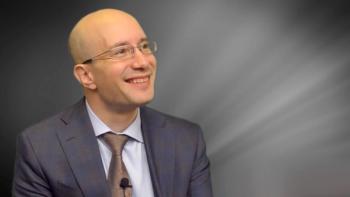
The multiple sclerosis specialist at the Corinne Goldsmith Dickinson Center for MS at Mount Sinai spoke about risk mitigation in patients with MS and why it's important to choose medicines in an effective way.

For the past year, a patient lived in such utter fear of her symptoms that she became housebound.
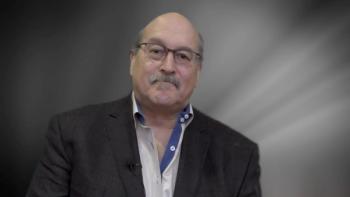
The director of the multiple sclerosis research unit at Ottawa Hospital spoke about the need for clinicians to select the right patient for the right treatment in the MS clinic.
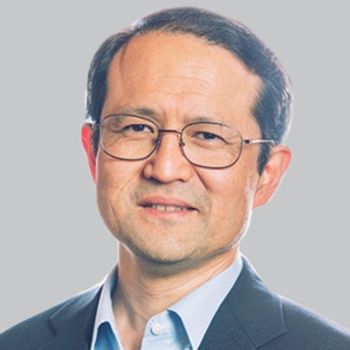
The Global Head of Neuroimmunology at Genentech discussed the results of a substudy that found that the use of advanced imaging metrics in MS clinical trials may provide specific information about tissue damage and potential repair.
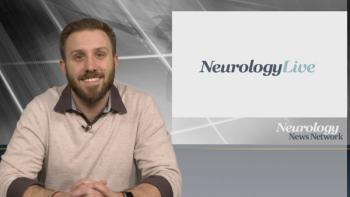
Neurology News Network for the week of March 22, 2019.
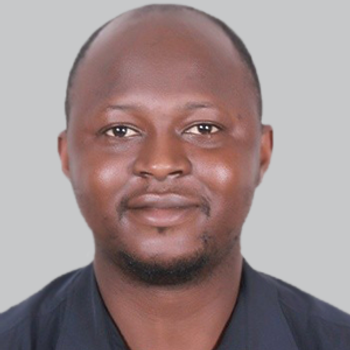
Findings from a recent meta-analysis of the number of atypical antipsychotics available for treatment of behavioral and psychological symptoms of dementia suggest that a clear trade-off exists between effectiveness and safety, with no clear winner emerging.
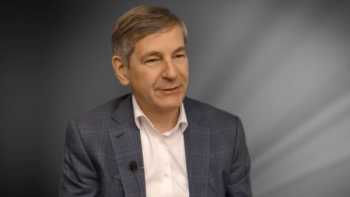
The therapeutic head of neuroinflammation and pain at Novartis spoke about his desire to work to a point where physicians can use NfL to monitor disease activity, make therapeutic decisions, and give perspective to patients.
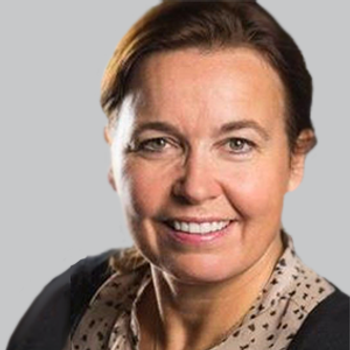
SYROS study data showed that switching to and maintaining long-term treatment with idebenone was associated with a 50% reduction in the annual rate of decline in forced vital capacity percent of predicted.
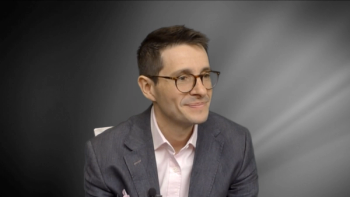
The staff neurologist at Cleveland Clinic's Mellen Center spoke about his clinical experience in switching patients from their current disease-modifying therapy to ocrelizumab.

With a pair of sBLAs under FDA review, the Allergan treatment may finally have an official indication for use in spasticity after years of off-label use by physicians.
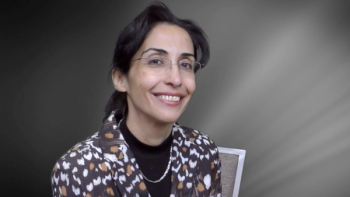
Gharagozloo spoke about the early phase model of MS she and her colleagues developed to explore the use of Nlrx1, a mitochondria-located innate immune sensor, in CNS inflammation.

Study results suggest that no difference in outcomes of function, survival, fatigue, or quality of life are seen between those undergoing intensive or standard exercise regimens.
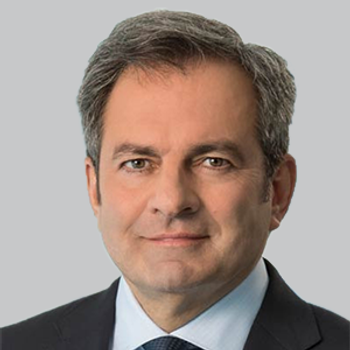
Eisai and Biogen have announced that the phase 3 ENGAGE and EMERGE trials, in addition to the PRIME phase 1b and EVOLVE phase 2 studies, of the monoclonal antibody, will be discontinued.
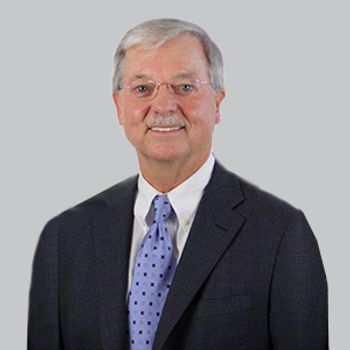
The dual-acting dopamine and norepinephrine reuptake inhibitor is approved for narcolepsy in once-daily 75 mg and 150 mg doses, and in OSA in once-daily 37.5 mg, 75 mg, and 150 mg doses.
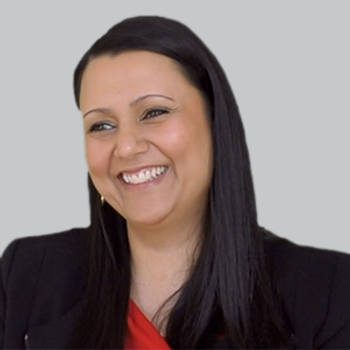
The migraine specialist spoke to the CGRP receptor antagonist’s potential impact on patients with migraine who have been lacking a novel acute treatment for some time.

The postdoctoral scholar at the University of California, San Francisco, spoke about a prognostic marker that can be used to study the role of genetic, epidemiologic and immune variables on MS, and to measure the long-term impact of treatment in clinical trials.

This is the first and largest study that explored mortality associated with beta interferon for treatment of MS in the clinical setting.

An analysis of the EARLYSTIM study data has suggested that the 39-item Parkinson’s Disease Questionnaire summary index may be predictive of the future outcomes of subthalamic deep brain stimulation.
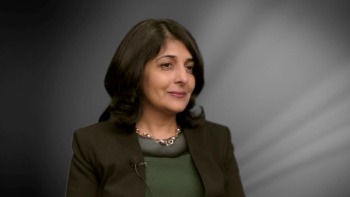
The professor of neurology at Harvard Medical School spoke about the long-term correlations between neurofilament light chain and MS outcomes.

The multiple sclerosis specialist at Baylor Scott & White Health spoke about which symptoms present the biggest challenges for providers.
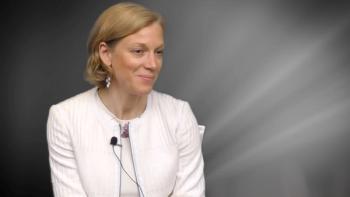
The Postdoctoral Scholar at the University of California San Francisco spoke about a longitudinal study that evaluated the utility of spinal cord atrophy measured from brain scans as a surrogate marker for impending conversion to secondary progressive MS.
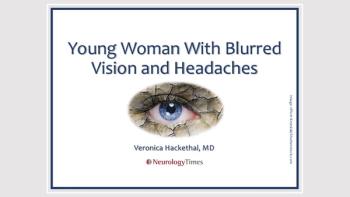
Is there a connection between this patient’s ocular symptoms and migraines?

The voucher allows for an expedited 6-month review of the drug’s pending New Drug Application with the FDA.
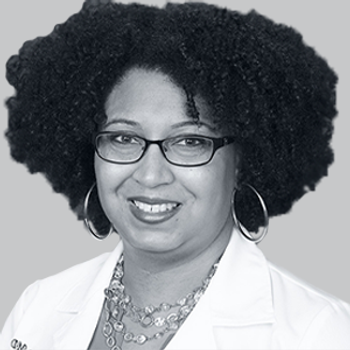
The staff neurologist at Premier Neurology, a partner in care with the National MS Society, spoke about how to best overcome the challenges presented by the symptomatic management of MS.
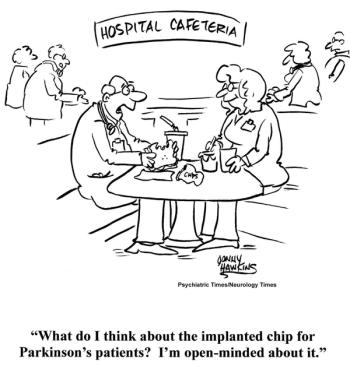
Conversations in the hospital cafeteria.

The director of the Medstar Georgetown University Headache Center spoke about the data that’s been presented thus far, as well as how ubrogepant separates itself from what’s currently available for patients.